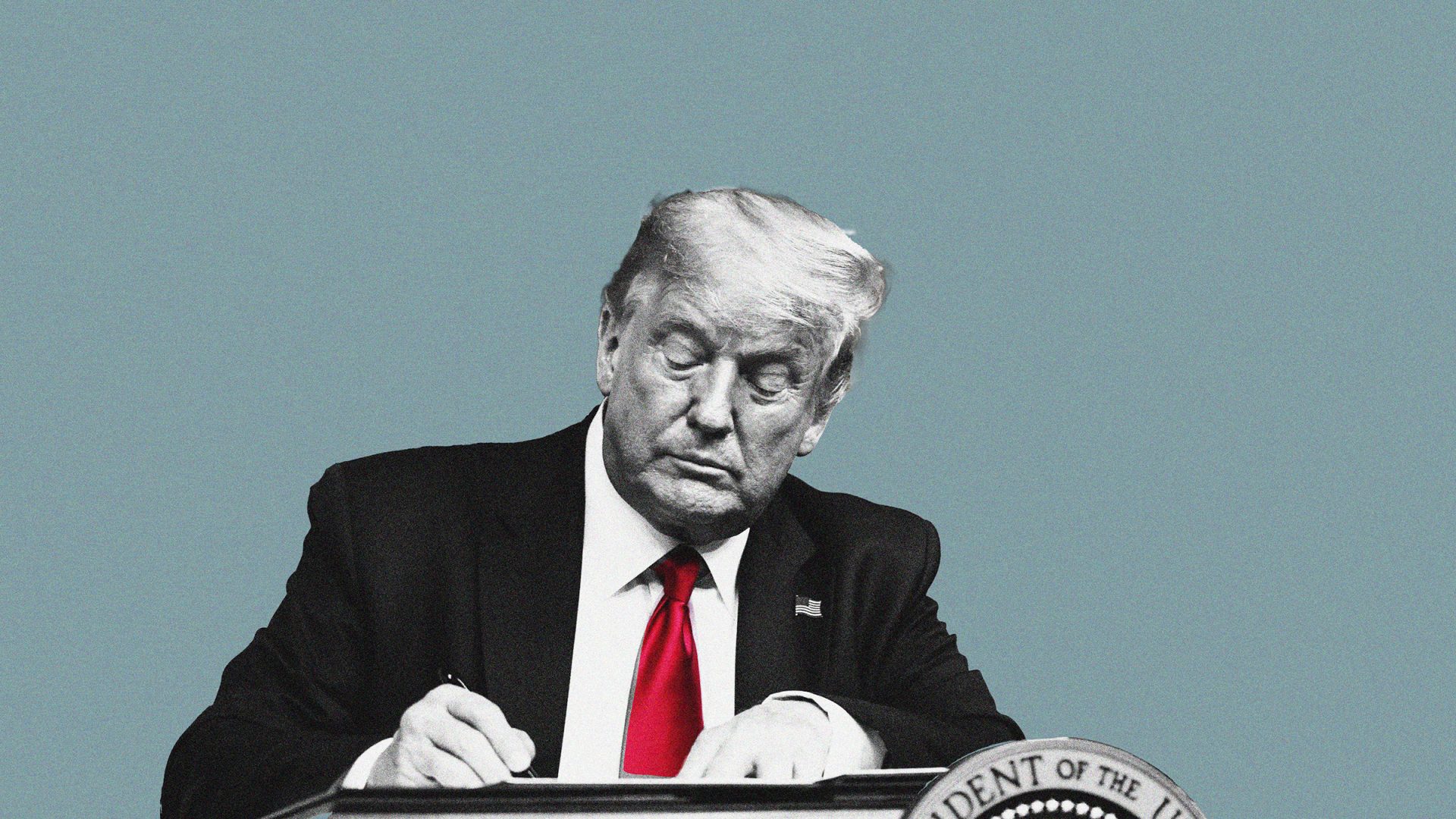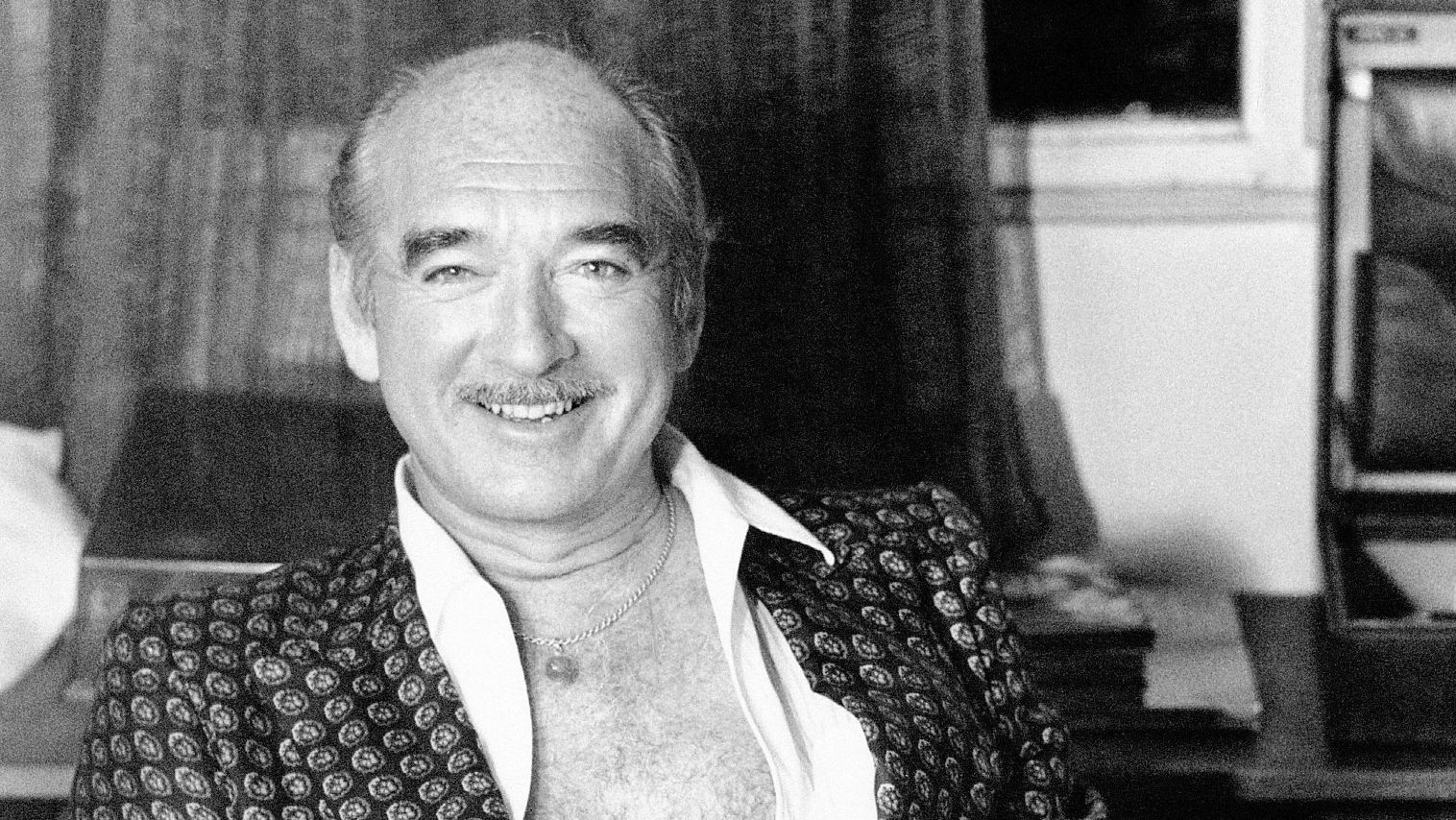Donald Trump, as we have rather rapidly come to understand, loves signing executive orders. These apparently bring him quasi-dictatorial powers of the sort he seems to envy in Vladimir Putin’s repressive armoury.
A recent executive order is called Designating English as the Official Language of the United States. English-only language legislation at the federal level has been proposed to Congress several times, beginning in 1981, but has never passed in both Houses.
This executive order promotes a false, exclusionary belief that a nation must have a single official language in order to be unified. Although nations have often tried to use language to enforce a common civic or national identity, in fact citizens of democracies inevitably have different linguistic ways of navigating their lives.
The Linguistic Society of America (LSA), whose mission is to advance the scientific study of language, has rapidly let it be known that it strongly opposes this executive order. The LSA is greatly respected by professional academic linguists all around the world, and personally I am pleased to have been elected a Lifetime Honorary Member of the Society.
The LSA has issued a statement entitled Four Reasons Why English Should Not be the Official Language of the United States: Statement Against White House Executive Order. It lists four of the justifications given in Trump’s executive order in support of official English, and explains why none of them is valid.
Trump’s team wrote: “From the founding of our Republic, English has been used as our national language. Our Nation’s historic governing documents, including the Declaration of Independence and the Constitution, have all been written in English.”
The LSA responds: “The United States has always been a multilingual country, and this gives it strength. Contrary to popular belief, the United States is not now and has never been a monolingual country. One out of five US residents in 2019 reported having a language background other than English.”
By 1664, when the British took control of the colony of New Netherland, Manhattan was already home to speakers of 18 different immigrant languages and several Native American languages.
The Founding Fathers chose not to formalise a link between language and American identity. We know from their writings that early leaders of the USA such as Thomas Jefferson took pride in their multilingualism and urged educated citizens to study languages.
There was such a sizeable German-speaking population in the USA at around the time of the American Revolution (9% of the population had German, the native language of Donald Trump’s paternal grandfather) that in order to get the Constitution ratified in 1787 and 1788, Pennsylvania, New York and other states distributed copies in German and Dutch in order to ensure sufficient debate and participation.
Today, New York City, with its 800 languages, is recognised as one of the most linguistically diverse cities in the world.
More than 80% of the world’s countries are officially bi- or multilingual. In many of these, minority languages that are native to a territory (in the UK, Welsh and Scottish Gaelic, the native language of Donald Trump’s mother, are included in official language policy). In Canada, both English and French are official languages, and several indigenous languages (including Chipewyan and Cree) are protected for use as languages of instruction.
ASL
American Sign Language, which is ignored by this executive order, is the main system of communication used by half a million hearing-impaired Americans. It has no connection with English and is not a way of “translating” spoken English into manual signs. British Sign Language, as used by Rose Ayling-Ellis, is a different language and is not comprehensible to American signers.




